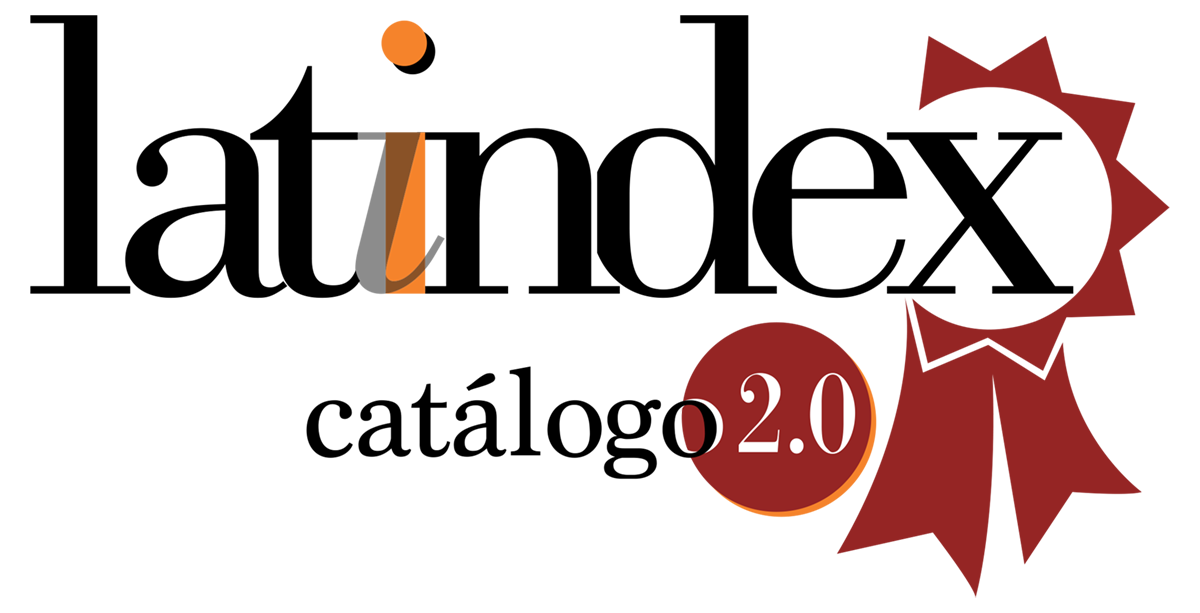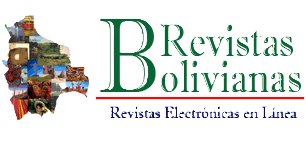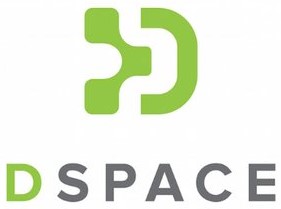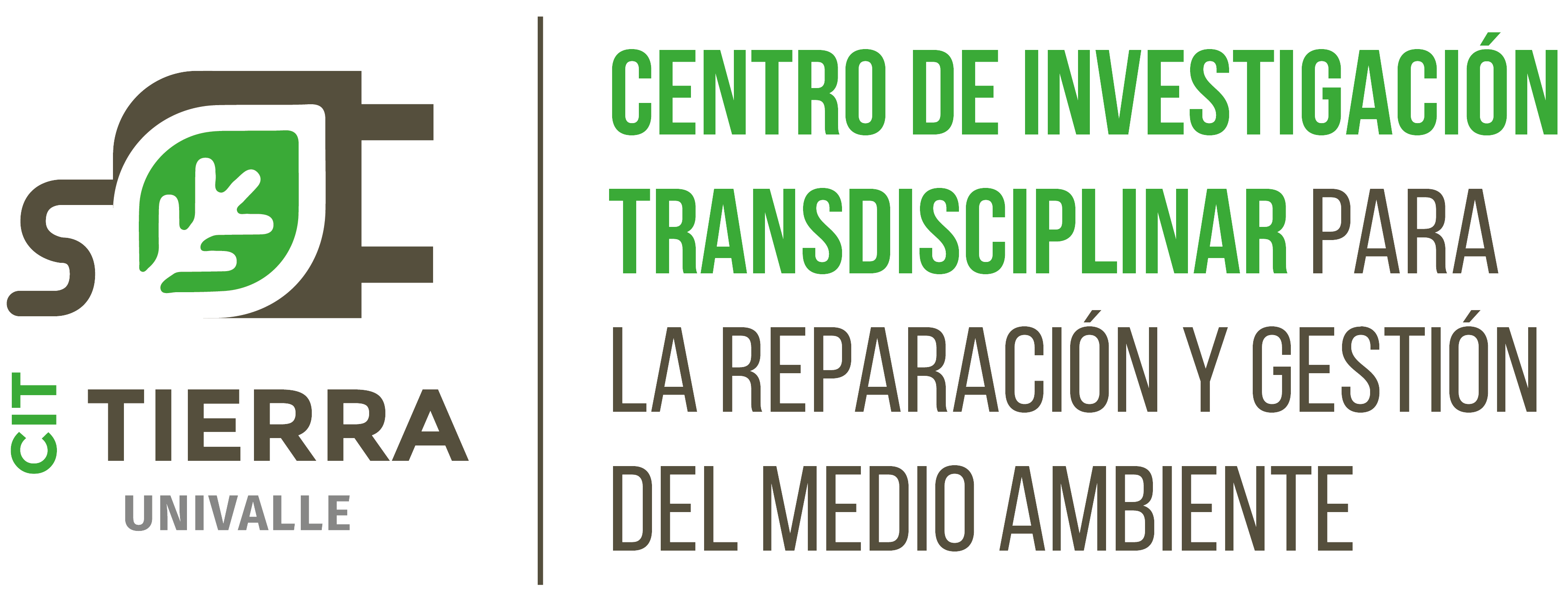Knowing Html 5
DOI:
https://doi.org/10.52428/20758944.v11i34.699Keywords:
Web accessibility, Multimedia, HyperText Markup Language 5 (HTML5)Abstract
HTML5 (HyperText Markup Language, version 5) is the fifth revision of the World Wide Web HTML language, which was published in October 2014; bringing improvements and innovations that enable web developers to implement solutions based on web. With more advanced features similar to traditional desktop applications, it allows embedding video and sound, plus handle vector graphics, without the need to install plugins or additional software, it becomes asan interesting alternative for development of new applications.
Downloads
References
(1) WC3. [En línea] [Citado el: 12 de 02 de 2015.] http://www.w3.org/html/logo/
(2) VEGA JOHN FREDDY, VAN DER HENST CHRISTIAN. Guía HTML5 El presente de la web. 2011.
(3) ALEJANDRO, CASTILLO CANTÓN. Manual de HTML5 en español. www.theproc.es. [En línea] [Citado el: 10 de 02 de 2015.] www.theproc.es
(4) http://www.tutosytips.com. [En línea] [Citado el: 10 de 02 de 2015.] http://www.tutosytips.com
(5) http://html5tutoriales.com. [En línea] [Citado el: 10 de 2 de 2015.] http://html5tutoriales.com
(6) monografías. [En línea] [Citado el: 23 de 01 de 2015.] wWw.monografias.com
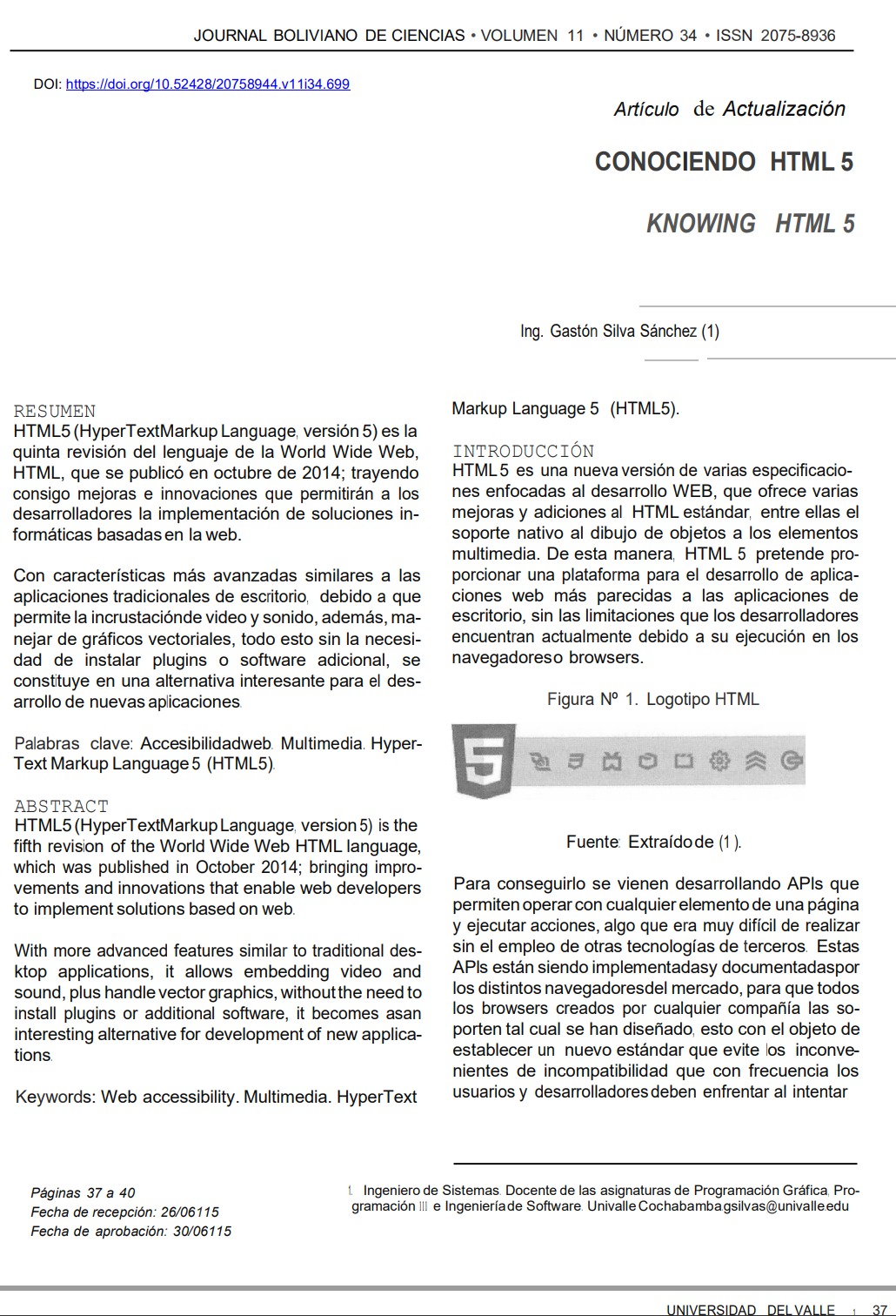
Downloads
Published
How to Cite
Issue
Section
License
Copyright (c) 2015 Gastón Silva Sánchez

This work is licensed under a Creative Commons Attribution 4.0 International License.
Authors who publish with this journal agree to the following terms:
- Authors retain copyright and grant the journal right of first publication with the work simultaneously licensed under a Creative Commons Attribution License 4.0 that allows others to share the work with an acknowledgement of the work's authorship and initial publication in this journal.
- Authors are able to enter into separate, additional contractual arrangements for the non-exclusive distribution of the journal's published version of the work (e.g., post it to an institutional repository or publish it in a book), with an acknowledgement of its initial publication in this journal.
- Authors are permitted and encouraged to post their work online (e.g., in institutional repositories or on their website) prior to and during the submission process, as it can lead to productive exchanges, as well as earlier and greater citation of published work.





